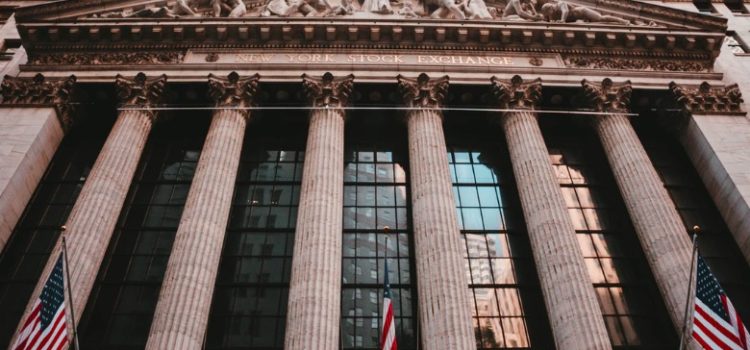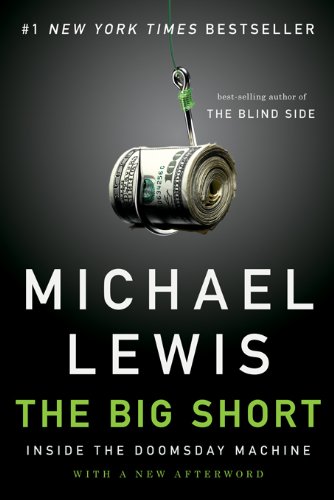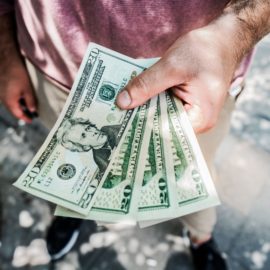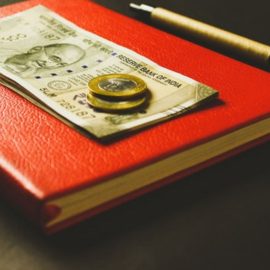

This article is an excerpt from the Shortform summary of "The Big Short" by Michael Lewis. Shortform has the world's best summaries of books you should be reading.
Like this article? Sign up for a free trial here .
Who is Wing Chau of The Big Short fame? What was his role in the 2008 financial crisis, and why was it controversial? And how did he make an estimated $26 million shuffling papers?
Wing Chau is an investment advisor and bond manager whose role as a CDO manager was depicted in The Big Short.
Wing Chau wasn’t happy with the way he came across in the book and movie. Learn why his position as a “CDO manager” was, and is, controversial and how he contributed to the 2008 financial crisis.
Wing Chau: Betting on the Housing Market
Before we get to Wing Chau, some background information: In early 2006, bond trader Greg Lippmann went to investor Steve Eisman’s office with a proposal to bet against the subprime mortgage market—a big short. By early 2007, Greg Lippmann’s big gamble should have been paying off. Housing prices were falling, defaults were creeping up, but subprime bonds were somehow still standing strong. To him, it was almost as if the market had believed its own lies about the value of these assets.
And Wall Street’s continued delusions about subprime were costing him. With the swaps he’d purchased, he was paying $100 million in premiums, waiting for the bonds to go rotten. He was sure it was a profitable bet in the long-run, but it was costly in the short-run. He needed co-investors like Eisman and the team at Cornwall in order to maintain his position. And even a dyed-in-the-wool market cynic like Steve Eisman was beginning to have his doubts. Lippmann had to act. He had to show Eisman just how arrogant and dumb the people on the other side of their big short bet truly were.
Wing Chau in Sin City
In January 2007, Lippmann flew Eisman and his team out to a giant annual Las Vegas convention of subprime lenders, speculators, and investors, dwarfing the similar convention Eisman had already attended in Miami. Given the excesses and financial hedonism of the subprime industry, the irony of the convention being held in Las Vegas certainly wasn’t lost on Eisman (nor would be the fact that Las Vegas would become ground zero for the housing market meltdown that was shortly to ensue).
Lippmann had Eisman meet a CDO manager named Wing Chau. Eisman hadn’t even known that there was such a thing as a CDO manager (because what was there to manage?), but here was one in the flesh. Wing Chau was a middleman whose job was essentially just to take triple-B tranches of original CDOs (again, themselves composed of subprime mortgage bonds) and repackage them into new towers of bonds. He would then pass them off to unwitting investors like pension funds and insurance companies. And by buying more and more mortgages to immediately repackage and resell, CDO managers like Wing Chau directly contributed to the demand for these bonds and the subprime mortgages of which they were composed. It was like a machine that nobody knew how to turn off.
And, to Eisman’s disgust, Wing Chau was paid obscenely for doing nothing more than shuffling around stacks of useless debt. He received a 0.01 percent fee off the top of the total CDO portfolio he managed, before any of the investors he theoretically served got paid anything. This, of course, gave the CDO manager every incentive to grow the pile of CDOs as large as he or she could, with no questions asked about the quality of the underlying loans. And 0.01 percent was a lot when you were talking about billions of dollars. In just one year, a CDO manager like Wing Chau could take home $26 million.
Lippmann knew that a figure like Wing Chau embodied everything that Eisman hated about Wall Street. He was arrogant, mediocre, wildly overcompensated, and had his clients’ worst interests at heart. He was a living representation of the dumb wealth that Eisman found so appalling. Meeting Chau was just the sort of boost that Steve Eisman needed to continue his big short against the subprime market. Not only did Eisman stand to make lots of money, but he would do so at the expense of the Wing Chaus of the world. That was a powerful enough motivation all by itself. After he left the dinner, Eisman pulled Lippmann aside and told him, “Whatever that guy is buying, I want to short it…I want to short his paper. Sight unseen.”
After The Big Short was published, Wing Chau sued author Michael Lewis for defamation and settled with the SEC over claims that he acted in violation of his fiduciary duty.
———End of Preview———

Like what you just read? Read the rest of the world's best summary of "The Big Short" at Shortform . Learn the book's critical concepts in 20 minutes or less .
Here's what you'll find in our full The Big Short summary :
- How the world's biggest banks contributed to the 2008 financial crisis, greedily and stupidly
- How a group of contrarian traders foresaw the bubble popping, and made millions from their bets
- What we learned from the 2008 crisis - if anything






